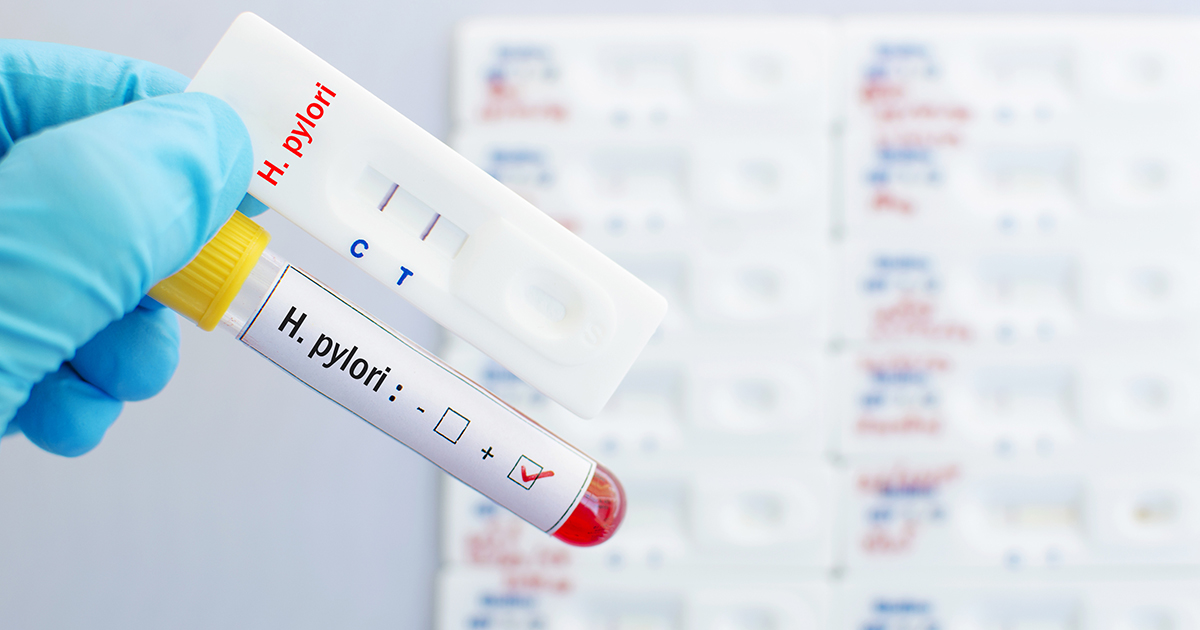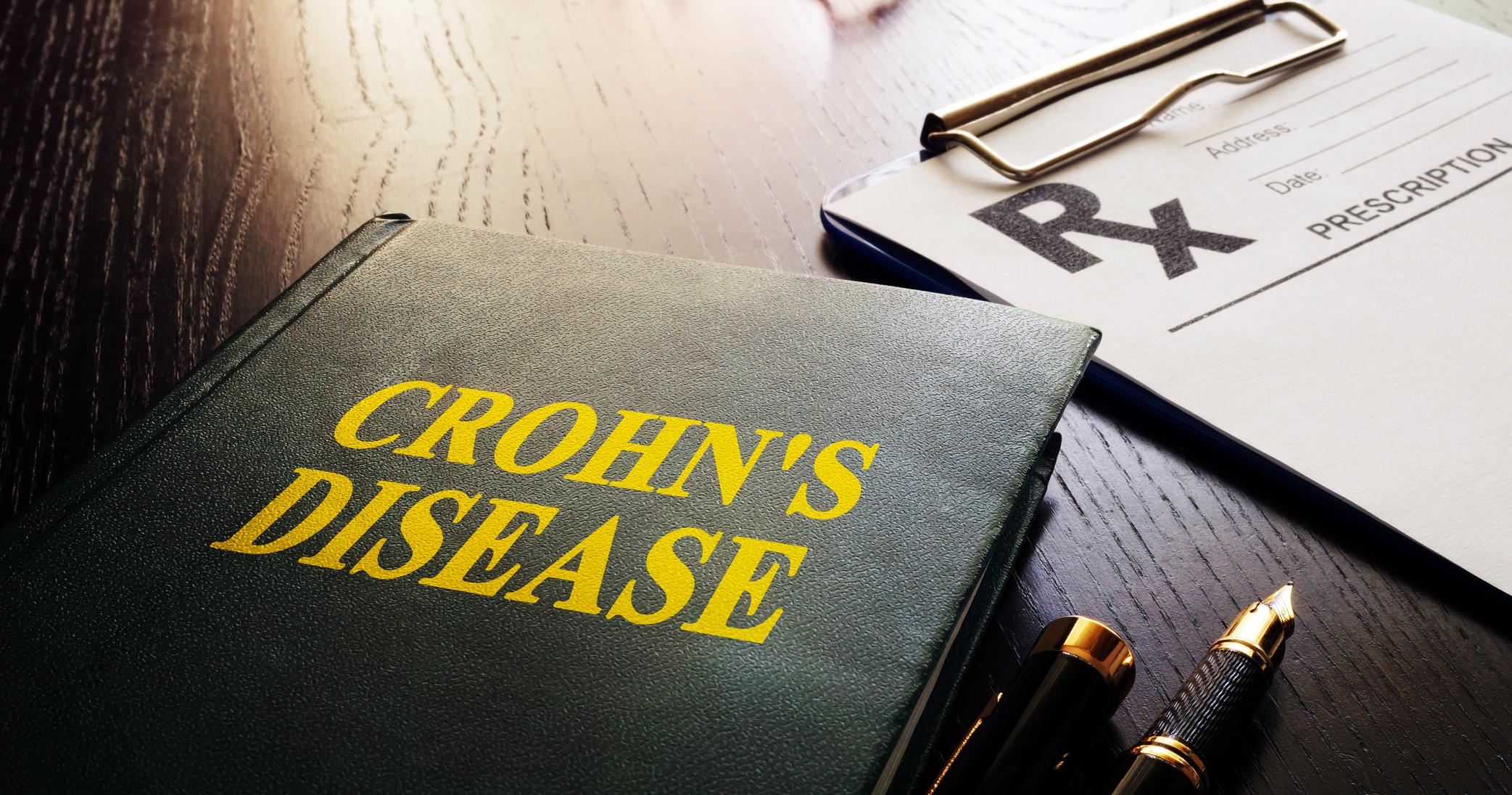Common Causes & Risk Factors Of Peptic Ulcer Disease
Peptic ulcer disease is a common condition in which crater-like sores develop in the lining of the stomach or small intestine. Not everyone with a peptic ulcer develops symptoms, but about half of patients experience pain. This pain can feel like a burning sensation in the abdomen or a sensation of pressure and it can be mild to extreme. For most individuals, the pain occurs after a meal and may last minutes to several hours. Some patients with peptic ulcers also experience nausea, loss of appetite, unexplained weight loss, and blood in vomit or stools. Up to ten percent of all individuals experience a peptic ulcer at some point, although they are most common among men later in life. Get to know the causes and risk factors of peptic ulcer disease now.
Bacteria

The most common cause of a peptic ulcer is an infection with a bacterium known as Heliobacter pylori (H. pylori). This is the only known bacteria that can survive inside the stomach and it thrives in the digestive tract. Over a period of years, it causes sores or ulcers on the upper area of the small intestine and the lining of the stomach. H. pylori uses flagella to burrow into the stomach's lining until it reaches the less acidic epithelial cells. As the infection grows, H. pylori damages the stomach lining by producing ammonia that's toxic to epithelial cells and causing inflammation.
About two-thirds of individuals in the world have H. pylori, but it doesn't cause ulcers in most patients. The link between H. pylori and peptic ulcers wasn't discovered until 1982. Before this, it was generally believed no germ could survive the harsh and acidic environment of the stomach. After failing to colonize H. pylori in animals, Dr. Marshall made the unusual and dramatic step of drinking a vial of H. pylori and turning himself into a guinea pig. A week later, he developed stomach symptoms that developed into acute peptic ulcers to prove the link between the two.
Serious Illnesses

A few serious illnesses are linked to the development of peptic ulcer disease. One of the most common is stomach cancer. There is evidence that chronic H. pylori infection can lead to stomach cancer in about one to two percent of patients. An ulcer is essentially a sore on the protective lining of the stomach. This eventually causes erosion of the digestive system due to stomach acid. Bacteria can infect this open sore and lead to DNA mutations and damage to the stomach lining. Long-term inflammation can also increase the risk of stomach cancer.
Crohn's disease is also linked to stomach ulcers, but the use of NSAIDs to treat the condition may also be to blame, as when they are taken at high doses or for a long time, they can contribute to damage to the stomach lining.
